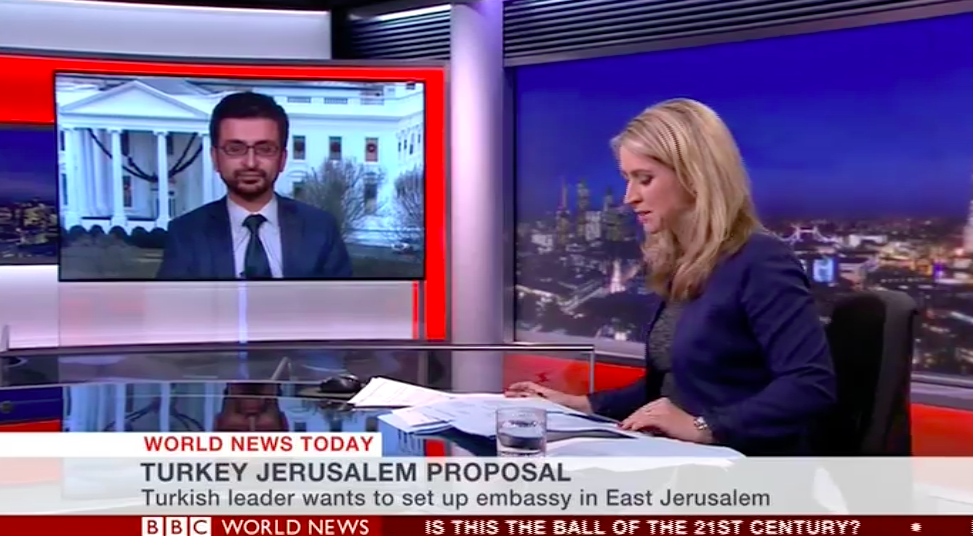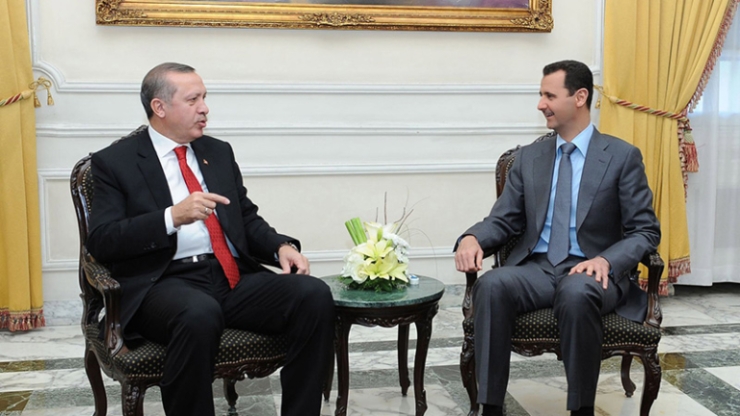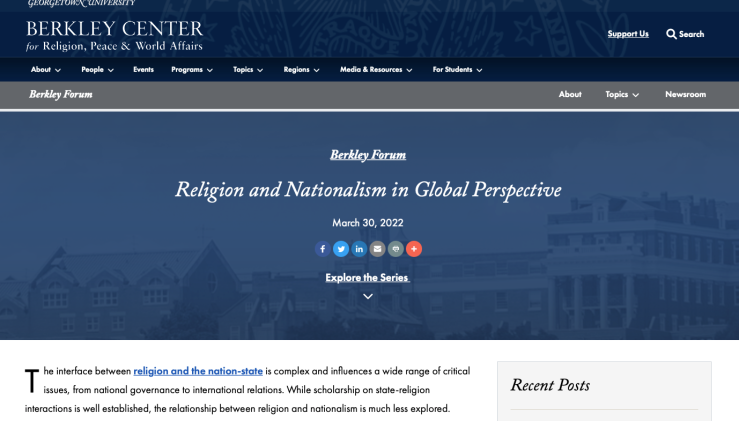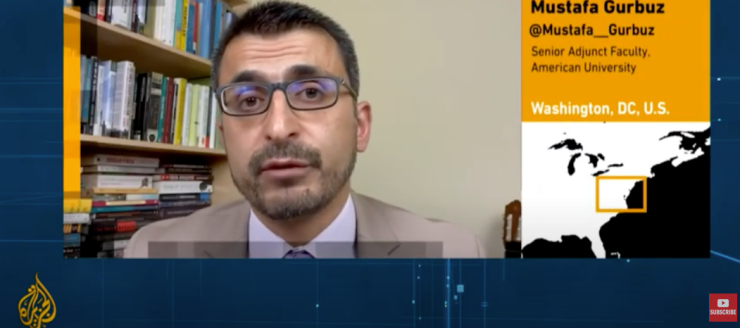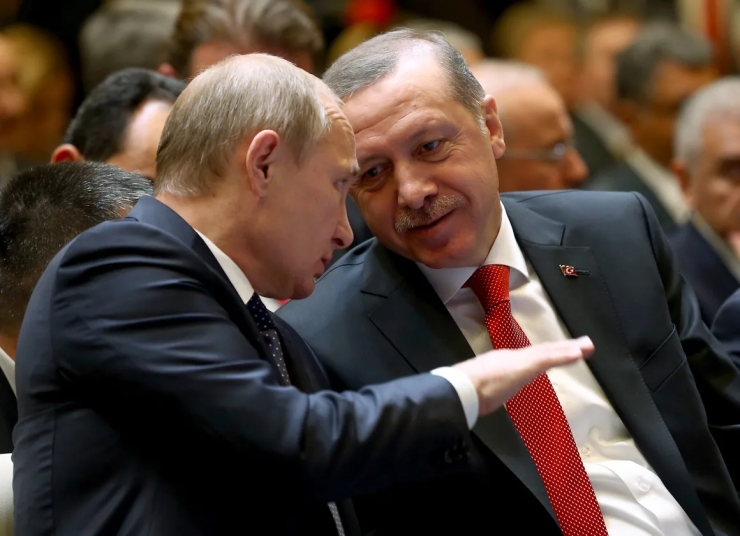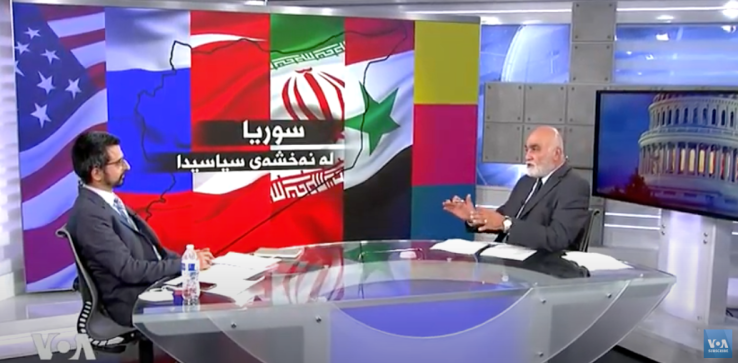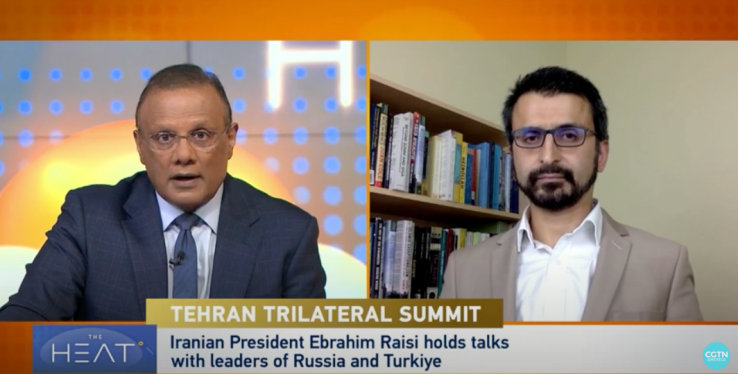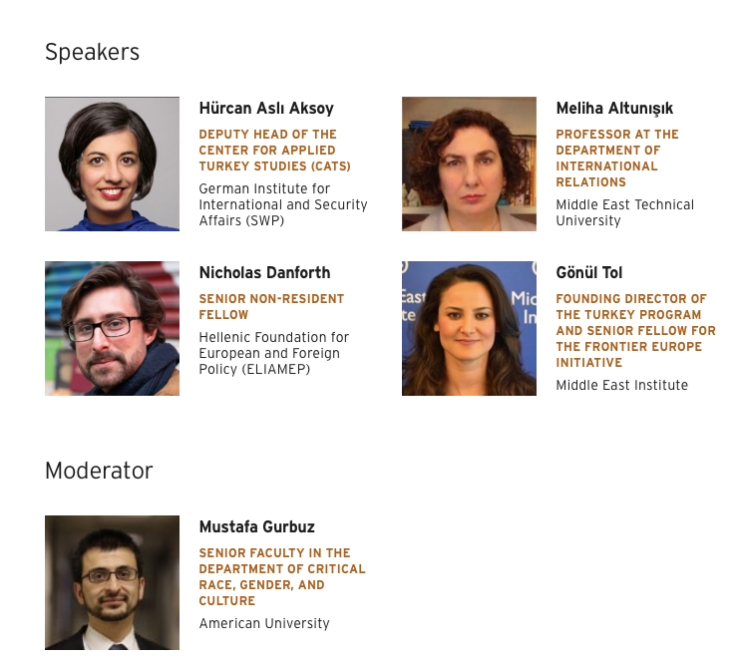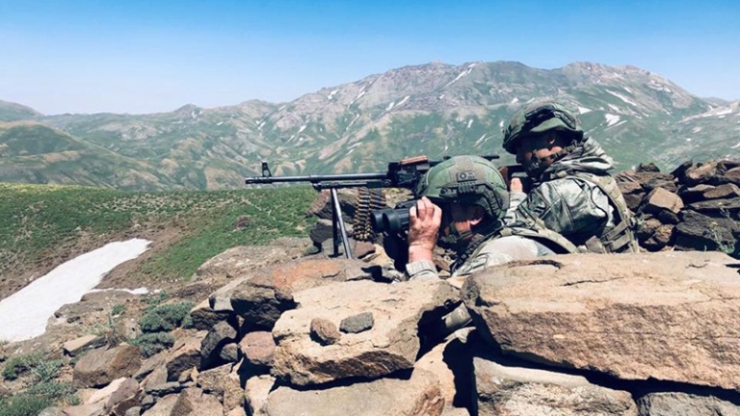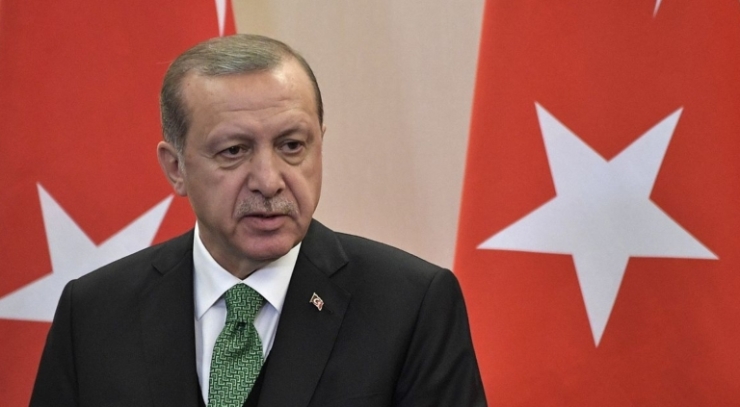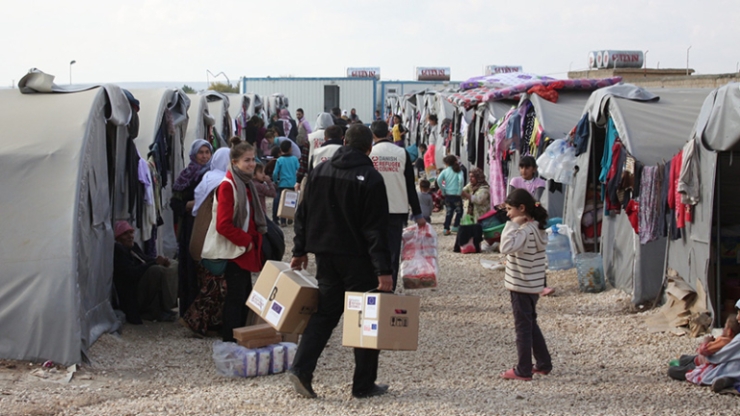Erdoğan, the master of Turkish foreign policy U-turns, is betting on a discourse of normalization with regional and other actors that may bring him gains in Turkey’s June 2023 presidential election. Erdoğan’s normalization rhetoric aims to satisfy the populist hope that Turkey will be able to repatriate the millions of Syrian refugees residing in the country, and thus portrays Erdoğan as a leader who may deliver real change.
Islamism and Post-Colonial Psyche
This essay is written upon invitation by Georgetown University’s Berkley Forum for expert panel discussion over Jocelyne Cesari’s book,We God’s People: Christianity, Islam and Hinduism in the World of Nations (Cambridge University Press, 2021)
“I went to the West and saw Islam, but no Muslims,” goes the statement that has been associated with Egypt’s top religious authority, Mohammad Abduh (1849-1905). “I got back to the East and saw Muslims, but no Islam.”
A generation earlier, Muslim scholar Rifa’a Al-Tahtawi (1801-1873) produced an extensive travelogue on French culture, speaking highly about Western modernity without perceiving a clash between science versus religion. Indeed, among Muslim intelligentsia, such sentiments of combining the values of the Islamic tradition and Western modernity were quite common in the nineteenth century.
Are Syrian Refugees Being Used as Political Pawns?
At Al-Jazeera’s show The Stream to discuss the politics of Syrian refugees in Turkey. WATCH THE SHOW
Deepening Ties between Erdogan and Putin
Negotiations over the grain corridor have exposed a growing strategic partnership between Erdoğan and Putin. The longevity of sanctions over the Ukraine war will increase Russia’s financial dependency on Turkey. Meanwhile, the Turkish economy is in dire need of cash from Russia. Putin’s support for Erdoğan’s success in Turkey’s 2023 presidential elections is also a critical factor in Ankara-Moscow relations, including those around the grain deal. Unlike western political leaders, Putin is a shrewd chess player working to shape his rivals’ domestic affairs through strategic decisions. READ MORE
Voice of America (VOA) deep conversation
At Balen Salih’s show at VOA, we discussed Turkish military operations in Syria and Iraq. WATCH THE SHOW
The Heat: Tehran Trilateral Summit
At The Heat show by CGTN America to discuss Iran, Russia, Turkey trilateral summit and its implications for the wider region. WATCH THE SHOW
Turkey and the Arab World: Ankara’s Shifting Relations and Evolving Foreign Policy
On September 29, Arab Center Washington DC (ACW) hosted a webinar titled “Turkey and the Arab World: Ankara’s Shifting Relations and Evolving Foreign Policy.” Panelists were Hürcan Aslı Aksoy, Deputy Director of the Center for Applied Turkey Studies at the German Institute for International and Security Studies; Meliha Altunışık, Professor of international relations at Middle East Technical University in Ankara; Nicholas Danforth, Senior Non-resident Fellow at the Hellenic Foundation for European and Foreign Policy; and Gönül Tol, Founding Director of the Turkey Program and Senior Fellow for the Frontier Europe Initiative at the Middle East Institute. Mustafa Gurbuz, ACW Non-resident Fellow and Senior Faculty in the Department of Critical Race, Gender, and Culture at American University, moderated the event.
Turkey’s Self-Fulfilling Prophecy in Iraq
Turkey’s soft power in Iraq is waning since Ankara’s belligerence provides pro-Iran militias an opportunity to portray themselves as legitimate defenders of the Iraqi people. READ MORE
Erdogan Bets on “Turkish Exceptionalism”
In Erdoğan’s worldview, outward inconsistencies are harmonized with the thesis of “Turkish exceptionalism,” which holds, among other things, that Turkey may act independently as an exceptional NATO member, that it could be part of the European Union while still embracing an anti-western discourse, and that it should be able to obtain American military assistance while carrying the flag of resistance against the United States. Erdoğan has a deep belief that such strategic maneuvers are effective. READ MORE
Syrian Refugees Face an Uncertain Future
I became a target of a smear campaign after sharing videos showing Turkish mobs expressing their anger to gendarmerie officers, going on the hunt for undocumented refugees, and attacking them as they captured them. The swift reaction I got from a high-level politician who is a member of Turkey’s opposition Democrat Party can help shed light on the current political atmosphere in the country leading up to the 2023 general and presidential elections. READ MORE
